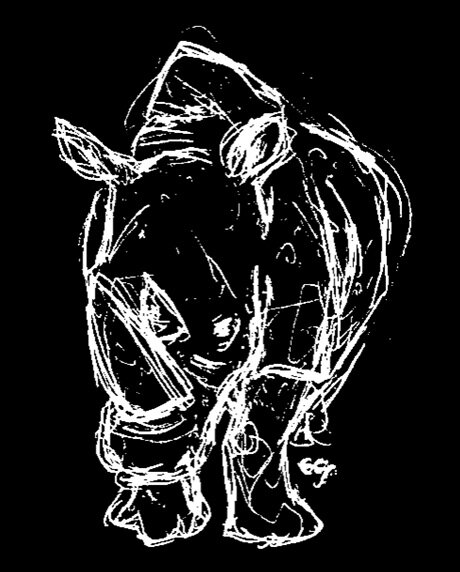Singing teaching and minefields
Every grumpy old singing teacher and probably every radiantly joyful and affirming one too has at least one horrific story about a young singer wanting to perform a contemporary song that has adult content that they clearly do not understand. Singing in public always makes you vulnerable, and the feeling that everyone else is in on a joke that you are somehow missing and of which you may somehow be the butt is the stuff of nightmares. No-one wants to set up a young singer so that they find themselves with a shocked audience, or one that is sniggering behind their hands.
Then there’s the weirdness we experience around young singers in their spring awakening, as it were, knowing very well that they are singing a song that is super sexy. We teachers sometimes worry that they may be generally soliciting kinds of attention that they absolutely would not want except from very specific people who may or may not be present at the student concert, or trying out something contentious in a public space that will be hard for them to walk back from. Or that the song choice will DEfinItELY lose them their Eisteddfod section or get a dismal mark in their exam because the adjudicator/assessor will react with a hard “no”.
Or you know, maybe they’ll sound great, it’ll be great, they are making their own decisions after all, they aren’t BABIES, and everyone can probably deal with reality. Risk-taking in self-expression can be a great thing, right?
For female singers of all ages, there’s an even weirder cultural minefield around tone. Twentyish years ago, it was absolutely standard to sing pop and folk with a high larynx, tons of nasal twang, breath mix in verses, and a some-kind-o-lect - I don’t think I can call it an idiolect or an ethnolect - which I can only describe as a baby-voice. When I and a student were repertoire hunting recently and listened to an excellent song from that period, Michelle Branch’s “Goodbye to You”, her sound in the verses made the student flinch! It is like she is singing the quite sensible lyrics of the song as - well - to be shockingly specific - a sexualised five year old. It’s super yuck til she gets to the chorus, and her nice waily belt.
This was the era of Britney I in her school uniform and lip gloss and frankly, any radfems around then who wanted to define ours as a pedophile culture wouldn’t have had to do more than point at the TV to convince people. The twangy baby wheeze voice seems not to have the iron grip it used to, although I still hear current versions of it. Sometimes the strangeness of the sound-as-cultural-artefact vanishes into the music and you miss it - after all, how we choose to sing is sometimes generically driven to the point where language and tonal choices have almost NOTHING to do with the speech or self-presentation of the singer or even the ‘character’. If I am singing “Come Sleep” by Peggy Glanville Hicks, (both of) our Australianness is almost completely erased, isn’t it? And I choose to participate in that erasure - or suspension - of identity.
Anyway. Singers: your tonal choices either strengthen or push back on currents in our/your culture. Sing the world you want to live in into existence, or maybe you will have to find a musical way to reclaim your babytalk voices. (Eg: is it your inner child singing? if so, does she WANT to be hit one more time, or not really?) You are all simultaneously free songbirds and cultural operatives in a complex powerscape.
As the kids say, "no pressure.”
